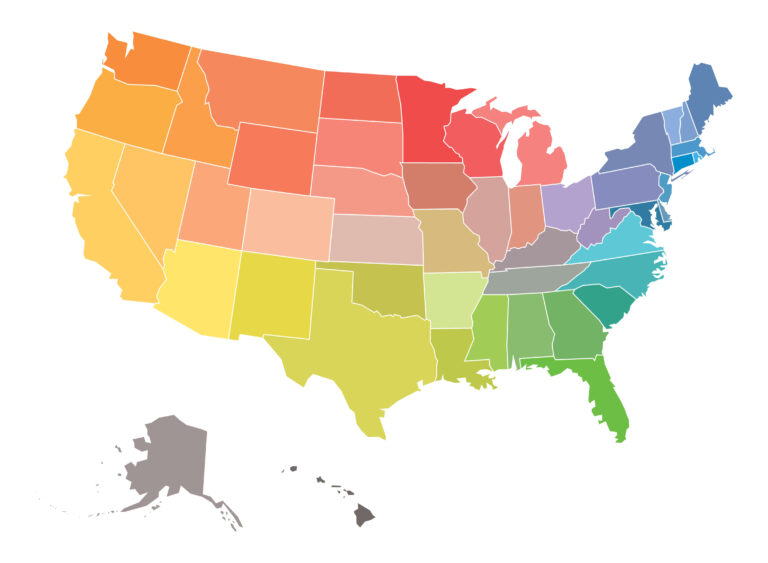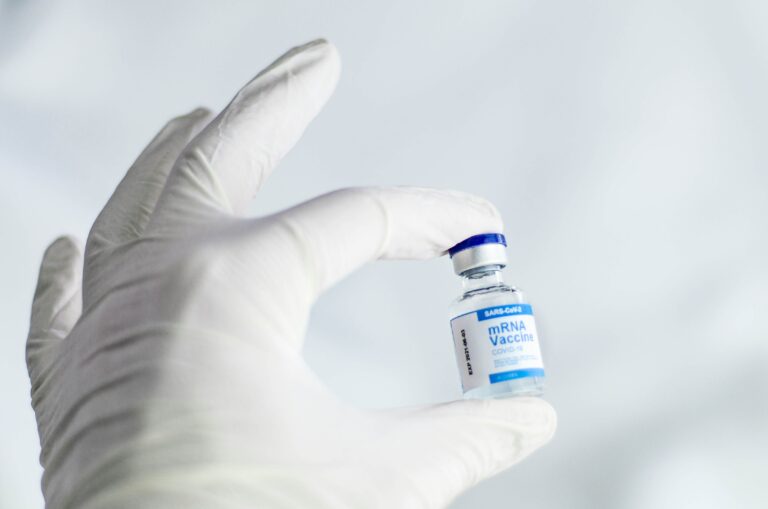Trump Blames Tylenol for Autism — Parents Pay the Price

Table of Contents
This week, Donald Trump made headlines again — this time saying that Tylenol during pregnancy causes autism. He even went as far as naming communities like the Amish and Cubans, suggesting they don’t use Tylenol and therefore have lower autism rates. As a mom raising an autistic child, I had a lot of feelings hearing that. And if you’re reading this, you probably did too.
What Trump Said vs. What the Science Actually Shows
Here’s the truth: right now, there is no solid scientific proof that Tylenol causes autism. Some studies have looked into Tylenol exposure during pregnancy, but most are small, observational, or can’t rule out other factors. For example, if a mom takes Tylenol while pregnant, it’s usually because she has a fever, pain, or illness — and those things themselves might impact development.
The American College of Obstetricians and Gynecologists has already called Trump’s statement “irresponsible,” because acetaminophen is one of the few safe options during pregnancy. If moms stop taking it out of fear, they risk leaving fevers untreated, which can actually be harmful.
If you want a breakdown of what’s fact and what’s not, this AP News fact-check goes into detail.
Why Would He Even Say This?
Honestly, I think Trump knows exactly what he’s doing. Autism is personal for so many families, and when someone says “here’s the cause,” it stirs emotions. It makes people listen.
It also fits into a bigger pattern — Trump has been skeptical of mainstream medicine before, especially vaccines. By naming Tylenol, he’s not just throwing out a theory; he’s positioning himself as the guy who will “stand up to Big Pharma” and say what others won’t. Whether or not the evidence is there doesn’t seem to matter.
How Parents Are Reacting
The parent community is divided, and I’ve been reading so many raw, emotional posts this week.
- Some parents are furious. They feel like Trump’s words just piled on more guilt. Pregnancy is already a stressful time — now moms are left wondering, “Did I do this to my child?” It’s heartbreaking.
- Others are cheering him on. They feel relieved that someone is finally pointing a finger at something tangible. I get it — when you live with the unknown, it’s tempting to grab onto an explanation.
- And then there are parents caught in the middle. They don’t see why people are upset about even asking the question. They argue we should be able to explore all possibilities without shutting down conversation.
I don’t think any of these reactions are “wrong.” We’re all just trying to make sense of this, and sometimes our personal experiences shape how we hear these claims.
My Take as a Parent
Here’s where I land.
I’m glad autism is being talked about more, even if it takes a controversial comment to spark the conversation. The awareness part matters. But personally, I don’t believe Tylenol is the cause of autism. Autism is complicated — there isn’t one clean answer that fits every child or every family. Could medication play a role? Maybe. Could it also be the food dyes, the plastics in our environment, pollution, genetics, or even things we haven’t thought of yet? Sure. The hard truth is, we just don’t know. And if I’m honest, I don’t think we’ll ever have a single, simple explanation.
What worries me more is when all the focus gets stuck on “what caused autism” instead of “how do we support autistic kids and their families right now?” Our children aren’t a mystery to solve — they’re people who need love, resources, education, and understanding. That’s the bigger picture.
It’s also why I wrote about the dark truth behind autism’s ‘superpower’ myth — because while people love quick, catchy labels, they don’t often show up for the messy, everyday realities of raising an autistic child. And those realities are where families need the most support.
What We Can Do Instead
Instead of getting lost in another blame game, I think we should be asking:
- What can the government actually do to help families like ours right now?
- How can schools, workplaces, and communities be more inclusive?
- How do we educate the public so people stop being so unkind and uninformed about autism?
I’m all for research into causes — yes, even into medications like Tylenol. But that research needs to be careful, honest, and not driven by politics. And in the meantime, we can’t let “finding the cause” overshadow supporting the people who are living with autism every single day.
Final Thoughts
I get why people are curious, hopeful, or even angry after Trump’s announcement. I felt a little bit of everything myself. But before we point fingers at one pill, one shot, or one meal we ate during pregnancy, let’s remember this: autism isn’t a mistake we made. It’s part of our children, part of our families, and part of our communities.
So let’s keep asking questions, but let’s also demand real action. More services. More acceptance. More kindness. That’s where our focus should be.
❓ Parents — how are you feeling about Trump’s Tylenol claim? Do you think it’s worth exploring, or does it just add more confusion and guilt? I’d love to hear your thoughts.





